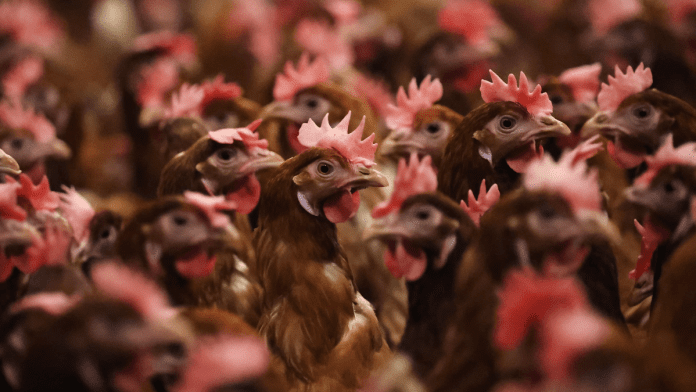News in brief: Poultry farmers in Lagos State are facing severe economic challenges, including rising costs of feed, fuel, and electricity, compounded by a recent bird flu outbreak. They have urged the government to provide financial assistance and improve the business environment to prevent the collapse of the industry.
Poultry farmers in Lagos State, Nigeria, have lamented the harsh economic conditions that causing a negative impact on their businesses. The farmers, who are members of the Erikorodo Poultry Association, called on the government to intervene to prevent the imminent collapse of the poultry industry.
In a statement signed by the association’s chairman, Mrs. Juliana Ibitoye, and reported by a media outfit, the farmers said that most of their members had lost their capital within the past year and were on the verge of bankruptcy. They appealed to the government to aid them to help them stay afloat.
The farmers said that the harsh economic conditions have been caused by a number of factors including the rising cost of feed, fuel, and electricity. They also said that the recent outbreak of bird flu has further exacerbated their problems.
The Erikorodo Poultry Association is one of the largest poultry associations in Lagos State. It has over 1,000 members, who are responsible for providing poultry products to a large number of households and businesses in the state.
Experts say the collapse of the poultry industry would have a significant impact on the food security of Lagos State. It would also lead to job losses and economic hardship for many families.
The government has a responsibility to intervene to prevent the collapse of the poultry industry. Stakeholders have suggested that the government should provide financial assistance to farmers. This is to reduce the cost of feed and other inputs, while helping to control the spread of bird flu.
Furthermore, the government has been advised to improve the overall business environment for poultry farmers by providing access to credit, improving infrastructure, and reducing regulation.



